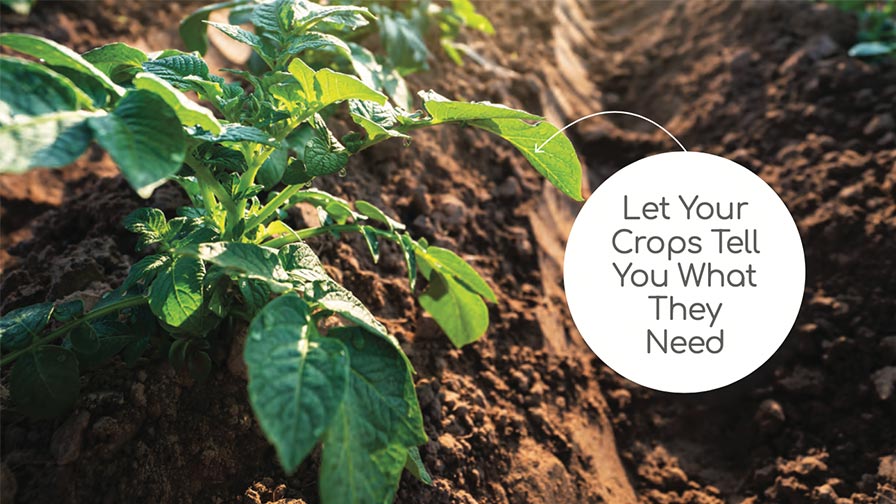Why American Agriculture Could be in for Big Changes
With all the news coverage of the COVID-19 pandemic, there was a plan announced in late May by the European Commission that went largely overlooked but may well have ramifications for U.S. growers. The plan calls for a transformation of the continent’s agriculture, as organic farming would be increased to 25% by 2030 — up from the current 8% — and reducing the use of pesticides by a whopping 50% and fertilizers by 20%.
In announcing the plan, European Union Vice President Frans Timmermans took full advantage of the pandemic: “The coronavirus crisis has shown how vulnerable we all are and how important it is to restore the balance between human activity and nature.”
The commission says that the COVID-19 crisis has demonstrated how vulnerable increasing biodiversity loss has made society to virus outbreaks, and it has also shown “how crucial a well-functioning food system is for our society.” Timmermans notes that it can also shorten supply chains for food with more grown locally, something that people have had big concerns about during the COVID-19 crisis. This can happen “without falling into the trap of protectionism,” he says.
European farmers understandably say the coronavirus crisis is not reason to embark on such a strategy but to delay it. Copa, the European farmers union, says the plan would inevitably lead to an increase in food prices at a time when consumers can least afford it.
“Targets are not solutions,” says Copa President Joachim Rukwied. “These strategy documents do not sufficiently take into account the necessary adjustments in the wake of COVID-19. Farmers alone must not bear the brunt of the costs of further environmental and climate protection. This would result in more European food production being outsourced to third countries.”
Perhaps I’m just suspicious, but I wasn’t the least bit surprised to see the plan welcomed by European food retailers, who say they hope it spurs the greater cooperation in the supply chain they have been calling for years. “We face a difficult future for everyone and need the same solidarity and cooperation in the supply chain we have seen during the COVID crisis,” Christian Verschueren, Director-General of industry association EuroCommerce, says. “We want the farm-to-fork strategy to equip the whole supply chain to reap the opportunities of the sustainability transition.”
I’m just a little dubious about who in the supply chain will reap any opportunities brought about by the overhaul. It seems to me that when you look at the whole farm-to-fork system, the closer you are to the fork, the better off you are. The retailers support such a system because it sure sounds like the farmers — who may or may not reap any benefits — will most assuredly bear the brunt of any costs.
Reducing the use of pesticides by one half is radical and will cost growers in dramatically reduced yields and quality, the key elements of profit. Reducing the use of fertilizers by 20% will have similar deleterious effects.
Here in the U.S., growers who export to Europe would obviously be the first to feel the effects of such a radical undertaking. But growers who think they’re going to be unaffected are sadly mistaken. Such a movement mandating land use that is not market-driven — leaving consumers out of the farm-to-fork equation — may sound misguided, but that doesn’t mean it’s not coming.









